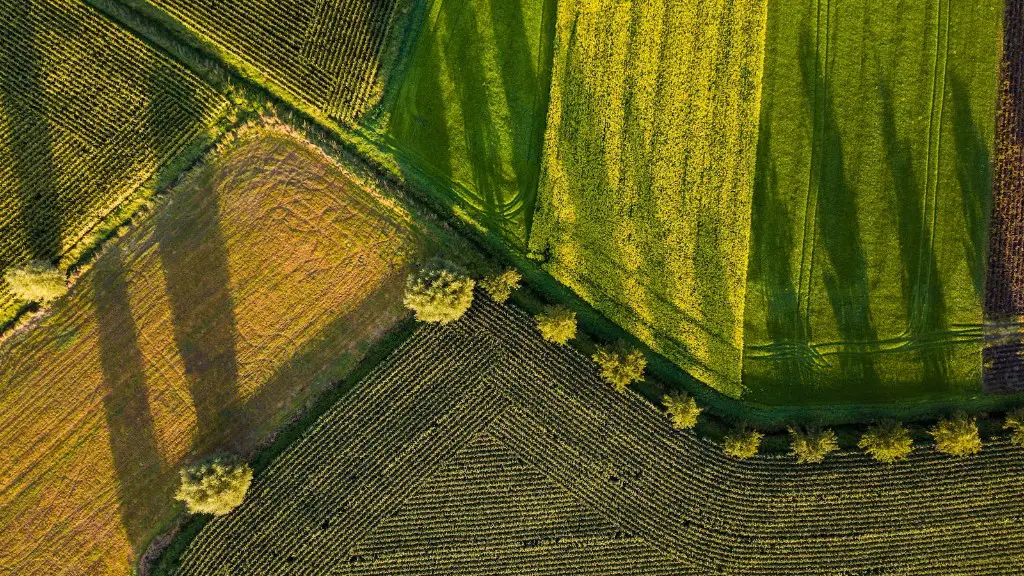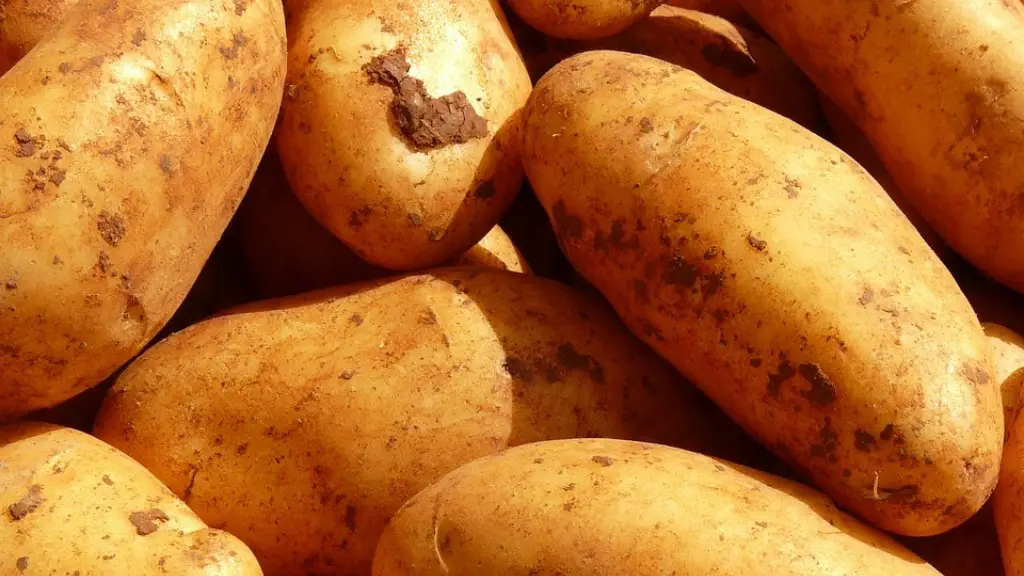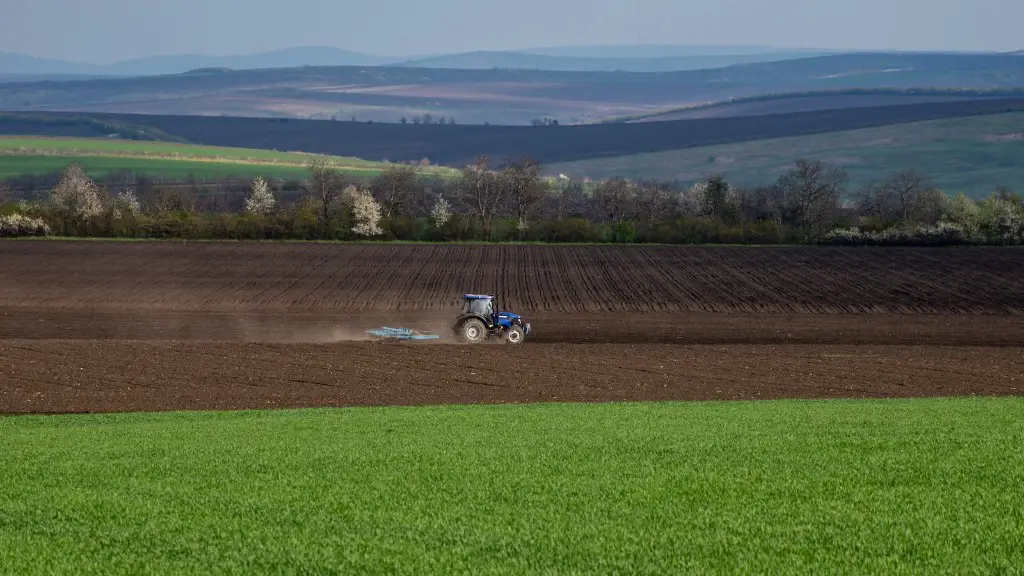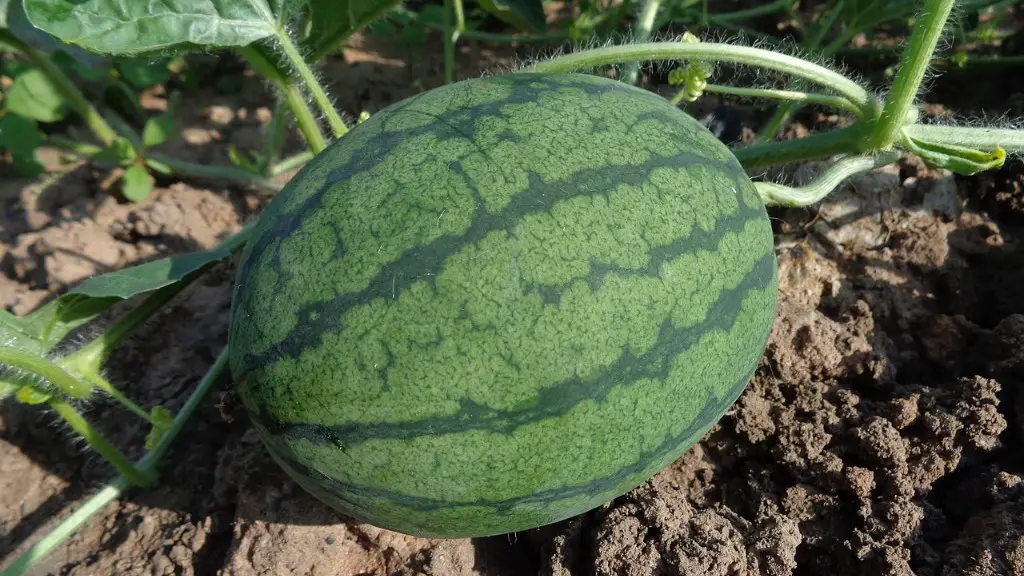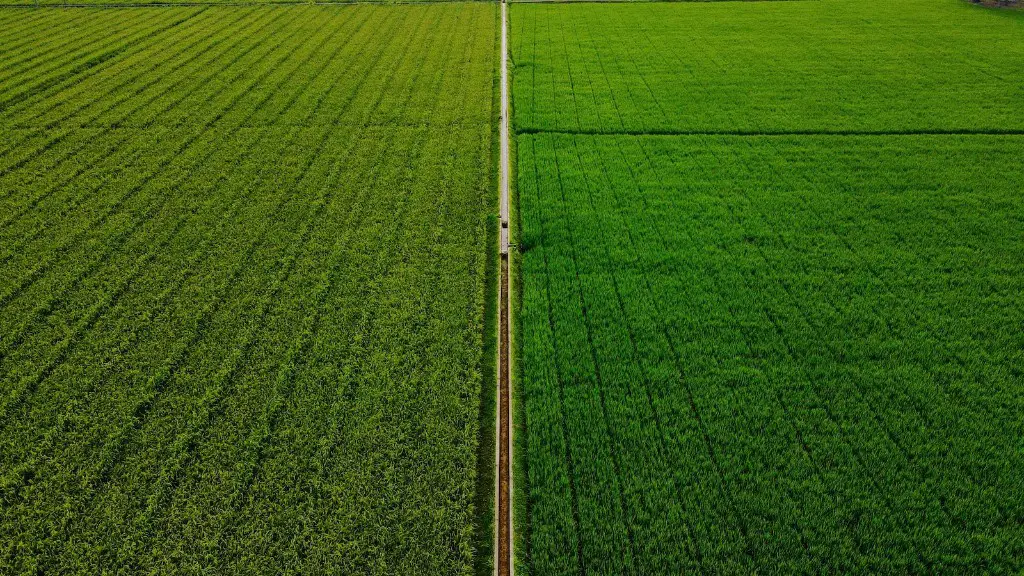Agriculture is an area that deals with the production of food, feed, and fiber. It is the science and art of cultivating plants and rearing animals. Agriculture helps to sustain human life and is the main source of livelihoods for the majority of the world’s population. The scope of this field is very broad, and includes the breeding, management, and production of livestock, the cultivation of crops, the processing of food and other goods, the marketing and sale of agricultural products, and the production of associated tools and materials. It is a sector that encompasses a range of activities, from basic subsistence farming to large-scale, commercialized production.
The scope of agricultural activities varies from culture to culture, but typically involves the responsible management of soil, water, animals, plant life and vegetation. Additionally, this field has expanded to incorporate an array of specialties such as agronomy, aquaculture, horticulture, agroforestry and food biotechnology, among others. Through the development of new technologies, processes, and knowledge, the scope of agriculture has been able to keep up with the evolution of human needs and preferences.
Agriculture has evolved over the centuries and can be divided into three major types: subsistence, semi-subsistence, and commercial. Subsistence agriculture is the traditional, small-scale production of food and goods for local consumption. Semi-subsistence agriculture utilizes some labor market approaches to generate additional income and wealth. Commercial agriculture, on the other hand, is the large-scale, competitive production of food and goods specifically for global markets.
Besides production, agriculture has experienced widespread expansion into other related industries, primarily through the development of agribusiness. These encompassing industries compose the larger field of agribusiness and include, but are not limited to, marketing, finance, economics, export, transport, processing, food engineering, and retailing. Emerging areas in agribusiness are also exploring international legal and economic frameworks, nutrition and consumer protection, food safety, trading mechanisms, agricultural policy and environmental protection.
Agriculture has been a key factor in driving innovation and development. With the introduction of new technologies, production and management practices, as well as advances in genetics and biotechnology, the scope of agriculture has widened to become an essential part of global economies. To further improve production and sustain its given systems and economies, the sector will further need to integrate the changing needs of consumers, markets, and environment while advancing sustainable production methods.
Agricultural Economics and Policy
Agricultural economics studies the production, distribution, and consumption of agricultural goods and services. It seeks to understand how different stakeholders interact within agricultural systems, as well as how policy instruments such as pricing and market regulations may affect production and consumption decisions. Certain agricultural policies, such as agricultural subsidies, can impact the way farmers manage resources, which in turn affects the production and availability of food.
In addition to economic policy, many areas of the world engage in regulatory or public policy to manage agricultural production and related issues, such as environmental effects from the use of fertilizers and pesticides. Such policies can be further divided into agribusiness regulations, land use laws, and rural plans. This type of policy is wide-reaching and often used to ensure the safe and sustainable management of land, water and other natural resources.
Agricultural policies can shape various aspects of the food industry, from production to retail. For example, food labeling policies may be used to communicate the quality, flavor, nutritional information, or country of origin of a food product. Of course, food labelling is only one of the many types of agricultural policies adopted to safeguard food safety and wholesomeness.
Agricultural policy can also be incorporated into broader frameworks pertaining to national development and international trade. This can involve various aspects of global food reduction programs, development aid, investments in agricultural infrastructure, and trade agreements.
Agricultural Technologies and Automation
Agricultural technology includes a range of tools and techniques used to enhance and manage the production of food and other agricultural goods. New technologies in agronomy, such as precision agriculture, are gaining in popularity and are used to optimize crop management and fertility. Automation is also increasingly important in modern agricultural operations, especially with the rise of mechanization and newer technologies, such as robotics and unmanned aerial vehicles (UAVs).
The development of agricultural technology continues to expand and improve farming practices, while improving efficiency and resource management. Genomics is particularly significant, as it provides a better understanding of the genetic makeup of crops or animals. Additionally, crop production can also benefit from the development of climate-smart technologies and breeding techniques, such as plant breeding and biotechnology, to increase food production for an expanding population.
Various regulatory agencies and organizations, such as the U.S. Food and Drug Administration (FDA), the U.S. Department of Agriculture (USDA), and the World Health Organization (WHO), are responsible for assessing the safety and quality of these technologies. By doing so, they can help ensure that new technologies are used effectively, while protecting food safety and wholesomeness.
If used correctly, agricultural technologies and automation can help farmers produce better crops and provide a safe and sustainable food supply. Such technologies and automated systems can therefore improve the efficacy of farming operations, while reducing labor and input costs.
Nutritional Science and Nutrition
Nutritional science is the study of the nutrients found in food and how they affect the body. Nutrition, on the other hand, is the application of nutrition science, which involves making choices and creating plans that are based on a person’s individual needs, health goals, and lifestyle preferences. As such, nutrition plays an integral role in the way people manage their food and health.
Nutritious diets are essential for promoting health and preventing disease. This involves consuming the right amount of macronutrients (carbohydrates, proteins, and fats) and micronutrients (vitamins, minerals, and phytonutrients) for the body to function properly. In this way, eating a balanced and nourishing diet can help to safeguard against health problems.
Nutrition education is also important as it can enable people to make informed decisions about their own dietary habits as well as the dietary choices of their families. Awareness and information are also necessary to ensure that people are able to access nutritious, affordable, and delicious meals.
At the same time, it is important to understand and address food insecurity, which is defined as having limited or uncertain access to safe and nutritious food. While food insecurity can lead to a variety of nutrition problems, such as inadequate nutrition, micronutrient deficiencies, and overweight or obesity, it can be reduced and managed by improving access to health services, strengthening food production systems, and improving livelihoods.
Land Management and Sustainability
Land management is an important part of agricultural systems as it relates to the use and conservation of land resources. This includes the responsible management of soil, water, land, animal and plant life to promote sustainability. Sustainable agriculture, in particular, involves using practices that promote environmental conservation, food production, and economic prosperity.
Sustainability is becoming increasingly important, especially given the changing climate. This involves consuming resources judiciously and reducing waste, preserving natural capital, conserving biodiversity, and protecting surrounding ecosystems. Additionally, sustainable agricultural systems should focus on advancing resilience to climate change and disaster risk.
Agricultural sustainability is also closely linked to food security, as it requires farmers to produce enough food to meet current demands while also preserving resources for future generations. This is often done through integrated pest management, conservation farming, and precision agriculture. Such approaches can be beneficial in developing countries, particularly those facing food insecurity.
Sustainability isn’t limited to the production of food, however. It also extends to the processing and distribution of products. To this end, efforts are being made to ensure that agricultural systems are resilient, sustainable, and inclusive, while also promoting fair and safe working conditions.
Organic Agriculture
Organic agriculture is a form of production that focuses on sustainability, the use of natural inputs, and the exclusion of synthetic substances such as pesticides and fertilizers. This type of agriculture requires the use of sustainable farming practices, such as crop rotation, ecological pest management, cover cropping, and composting. Additionally, organic farmers also strive to protect soil fertility and conserve water.
Although organic agriculture is still a relatively small sector of global agricultural production, it is growing. This trend is likely due to concerns about the environment, public health, animal welfare, and the adoption of emerging technologies. Additionally, consumer demand for organic foods is on the rise, as indicated by the growing number of organic farms and stores in the United States.
Organic agriculture also has wider implications for society, particularly for social justice and sustainable economic development. This form of agriculture has been identified as a way to reduce greenhouse gas emissions, improve soil health and fertility, promote responsible use of natural resources, and help support rural communities.
Organic agriculture is also becoming more accessible, with programs such as the USDA Organic Certification program and other initiatives that help promote and support organic farmers. As such, organic agriculture is expected to continue its growth as a more sustainable and responsible form of production.
